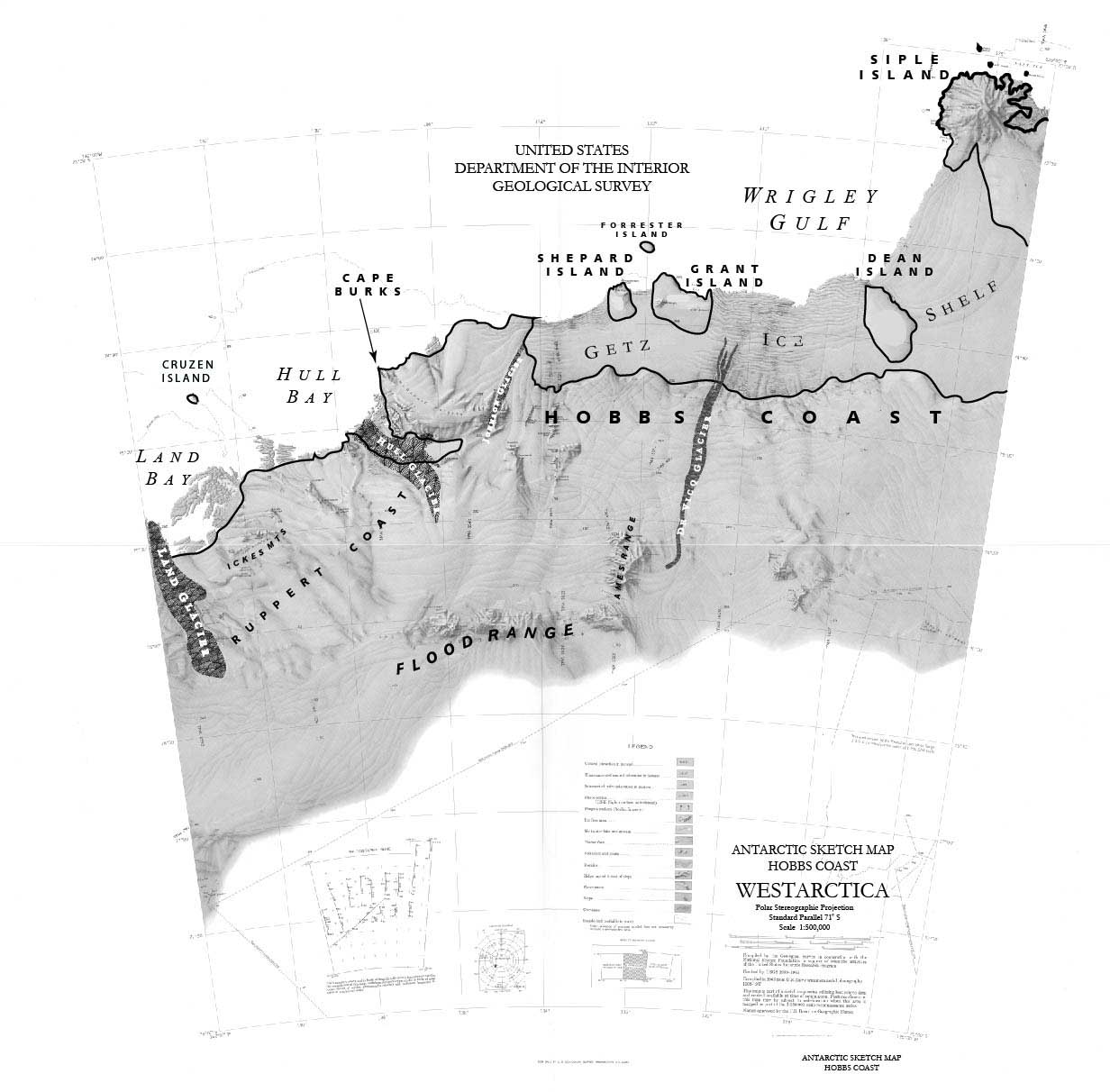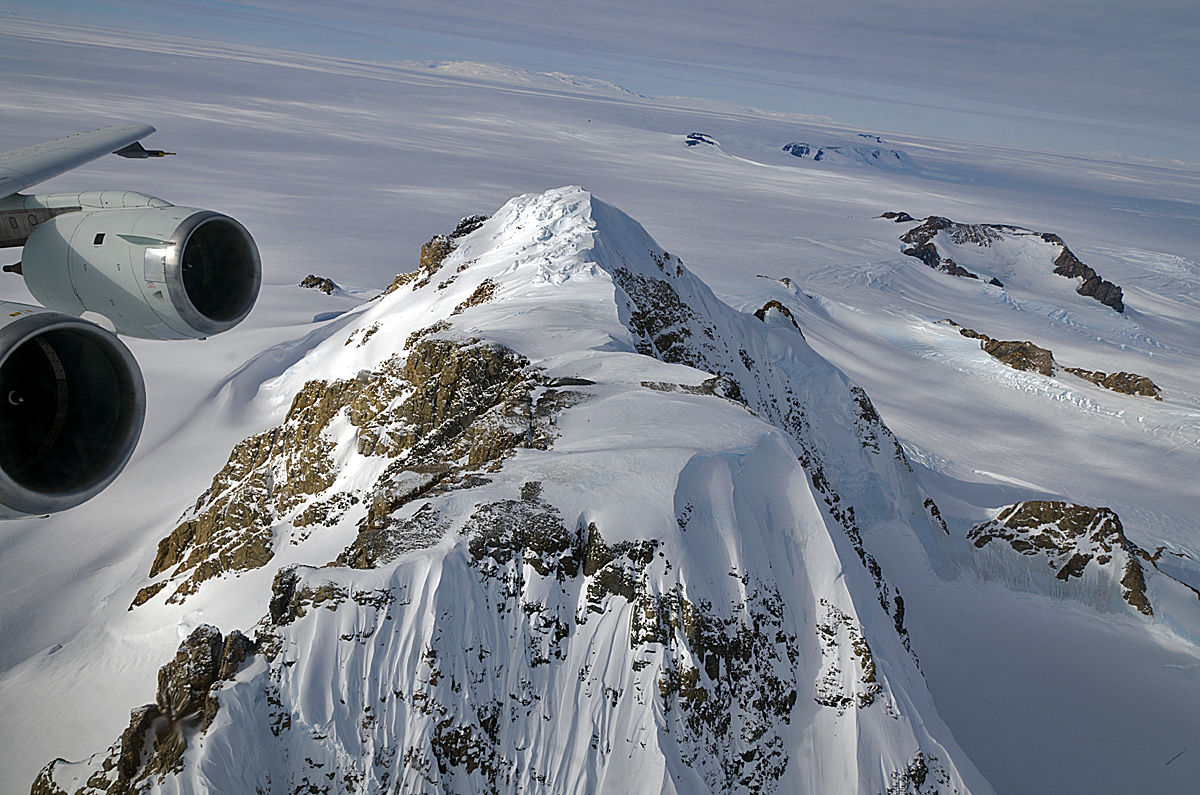Difference between revisions of "Hobbs Coast"
Westarctica (talk | contribs) |
Westarctica (talk | contribs) |
||
| Line 7: | Line 7: | ||
The Hobbs Coast was named for Professor William H. Hobbs of the University of Michigan, a glaciologist specializing in polar geography and history. | The Hobbs Coast was named for Professor William H. Hobbs of the University of Michigan, a glaciologist specializing in polar geography and history. | ||
[[File:Hobbs Coast Mountains-NANA.jpg|thumb|left|350px|Mountains along the Hobbs Coast]] | [[File:Hobbs Coast Mountains-NANA.jpg|thumb|left|350px|Mountains along the Hobbs Coast]] | ||
==Peerage title== | |||
On 23 September 2024, Antonio Ruiz Porras was granted the [[Peerage of Westarctica|peerage title]] Duke of Hobbs. His Grace's title is named for the Hobbs Coast. | |||
[[Category:Geography of Westarctica]] | [[Category:Geography of Westarctica]] | ||
[[Category: Coasts of Westarctica]] | [[Category: Coasts of Westarctica]] | ||
Latest revision as of 15:32, 23 September 2024
The Hobbs Coast (located at 74°50′S 132°0′W) is the portion of the coast of Westarctica extending from Cape Burks to a point on the coast opposite eastern Dean Island, at 74°42′S 127°05′W, or between the Ruppert Coast in the west and the Bakutis Coast in the east. It stretches from 136°50′W to 127°35′.
Discovery and name
The coast was discovered by the US Antarctic Service (1939–41) mapped by the United States Geological Survey from ground surveys and U.S. Navy air photos, 1959–65.
The Hobbs Coast was named for Professor William H. Hobbs of the University of Michigan, a glaciologist specializing in polar geography and history.
Peerage title
On 23 September 2024, Antonio Ruiz Porras was granted the peerage title Duke of Hobbs. His Grace's title is named for the Hobbs Coast.

